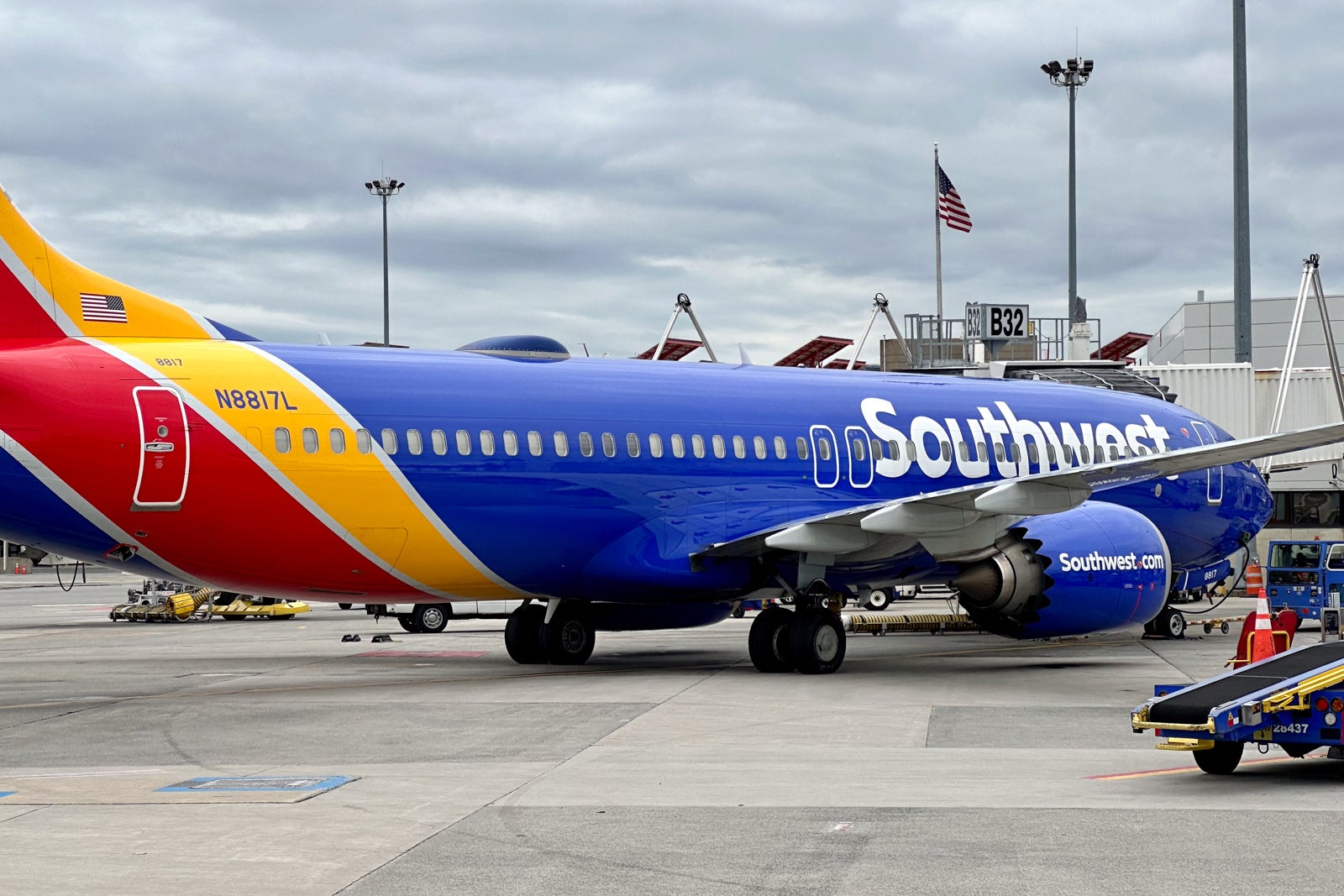
The corporate travel and housing landscape is transforming in 2025, shaped by changing employee expectations, advancements in technology, and a heightened focus on duty of care. As businesses navigate a shifting global economy and the ongoing demand for flexible work, they must rethink their mobility strategies. Below are the top 10 trends in corporate housing and business travel for 2025, along with insights to help companies stay ahead.
AI-powered personalization in travel and housing
Advanced AI is making corporate travel and housing more tailored than ever before. Platforms like 3Sixty’s Home Match technology use machine learning to match travelers with accommodations that fit their specific needs, preferences, and corporate policies. This significantly reduces booking time while optimizing spend.
Tip: Leverage AI-powered booking tools to streamline the selection process and ensure employees enjoy a seamless,ultra-personalised experience.
“Bleisure” and work-from-anywhere is here to stay
More employees are combining business travel with leisure, and digital nomadism isn’t going anywhere – even with return-to-office mandates. This shift means corporate housing providers should continue to offer longer stays, home-like amenities, and more flexible cancellation policies.
Tip: Only use vetted, corporate housing platforms with extended-stay options that support remote work amenities but also come with home-like comforts, such as integrated kitchen and laundry facilities.
Cost-optimized housing through smart bidding
With travel budgets under pressure, companies are increasingly turning to bid-based platforms that allow multiple housing providers to compete for bookings. This effectively means they fight for your business, all within a platform that guarantees the high level of quality and compliance required in corporate housing.
Tip: Use corporate travel platforms with built-in bid features to reduce costs while still offering employees flexibility with a wide range of vetted options.
Duty of care becomes even more non-negotiable
With geopolitical instability, health risks, and natural disasters all having rocked the world in recent years, companies must make duty of care in corporate travel and relocation their number-one priority. Technology-driven solutions now provide real-time safety insights, tracking, and compliance checks not just for the housing itself, but the neighborhood and city they’re in.
Tip: Utilize platforms with integrated safety vetting tools to ensure employee well-being while they’re on the move.
Sustainable accommodations play a greater role in reducing emissions
Companies are under pressure to reduce emissions from business travel and housing options. More accommodations are implementing energy-efficient practices, carbon offset programs, and eco-friendly amenities.
Tip: Partner with corporate housing providers that prioritize green certifications and track carbon footprints for business travel reporting.
Buyers want full access to content as cost pressures continue
With cost pressures mounting, corporate travel buyers are demanding greater transparency in pricing and full access to accommodation content. Many companies are opting for full RFPs (Requests for Proposals) to ensure they secure the best value while maintaining quality and compliance.
Tip: Choose travel platforms that provide complete visibility into inventory, pricing, and service offerings, allowing for better decision-making and cost control.
Compliance and risk management in housing selection
With increasing regulations on financial transparency and travel risk management, businesses are implementing stricter compliance measures for corporate housing. Platforms now offer real-time risk monitoring for business health and automated compliance checks.
Tip: Choose travel platforms with built-in regulatory compliance features to mitigate legal and financial risks, like bankruptcy, in housing selection.
Flexible housing solutions, co-living, and extended stays for corporate relocation
As businesses downsize office spaces and maintain remote and flexible working models, they need similarly flexible corporate housing solutions. Temporary furnished accommodations, co-living spaces, and extended-stay options are becoming more popular by the day.
Tip: Opt for housing providers that offer seamless transitions and wide-ranging options for relocating employees, including short-term rentals, co-living communities, and flexible extended-stay housing.
Digital-first employee experiences
Technology-enhanced stays, which include features such as mobile check-ins, virtual concierges, keyless access, and augmented reality property tours, are revolutionising corporate housing. These technological triumphs improve the employee experience while reducing costs for providers.
Tip: Invest in digital travel tools that provide employees with mobile access to accommodations, customer support, and in-stay amenities.
Data-driven decision-making in business travel
Companies are leveraging real-time analytics to optimize travel programs. Platforms like 3Sixty integrate powerful data analytics to track spending, traveler preferences, and supplier performance.
Tip: Use travel analytics dashboards to monitor booking trends, compliance, and employee satisfaction, helping to refine corporate travel strategies.
As employee expectations in business travel evolve rapidly, businesses must stay agile by leveraging vetted corporate housing platforms that prioritize duty of care, cost efficiency and sustainability. By doing so, they can build travel programs that not only keep employees safe and satisfied but also deliver lasting value.


